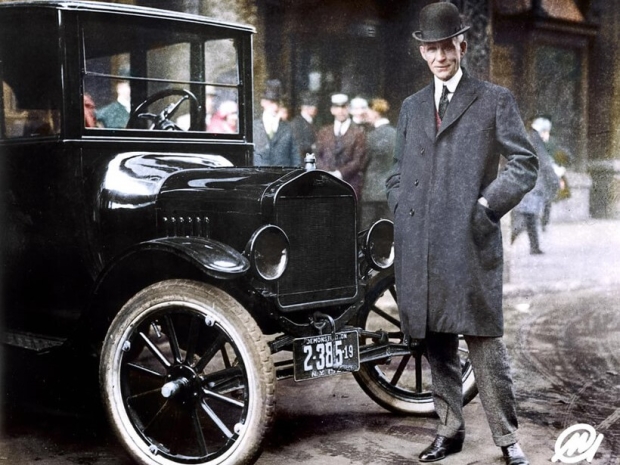It is the largest government backing for a US automaker since the 2009 financial crisis and is supposed to help American manufacturers catch up to China in green technologies.
The new factories that will eventually supply Ford's expansion into electric vehicles are already under construction in Kentucky and Tennessee through a joint venture called BlueOval SK, owned by the Michigan automaker and South Korean battery giant SK On.
Ford plans to make as many as 2 million EVs by 2026, a considerable increase from the roughly 132,000 it produced last year. The three-factory buildout by BlueOval plus an adjacent Ford EV assembly unit has an estimated price tag of $11.4 billion. BlueOval was previously awarded subsidies by both state governments. That means taxpayers would provide low-interest financing for almost all of the cost.
Ford's cars and SUVs made with domestic batteries will be eligible for billions of dollars in incentives embedded in the Inflation Reduction Act's $370 billion clean-energy funding, part of the historic climate measure narrowly passed into law about a year ago. The US government will subsidise manufacturing of batteries, and buyers could qualify for additional tax rebates of up to $7,500 per vehicle.




